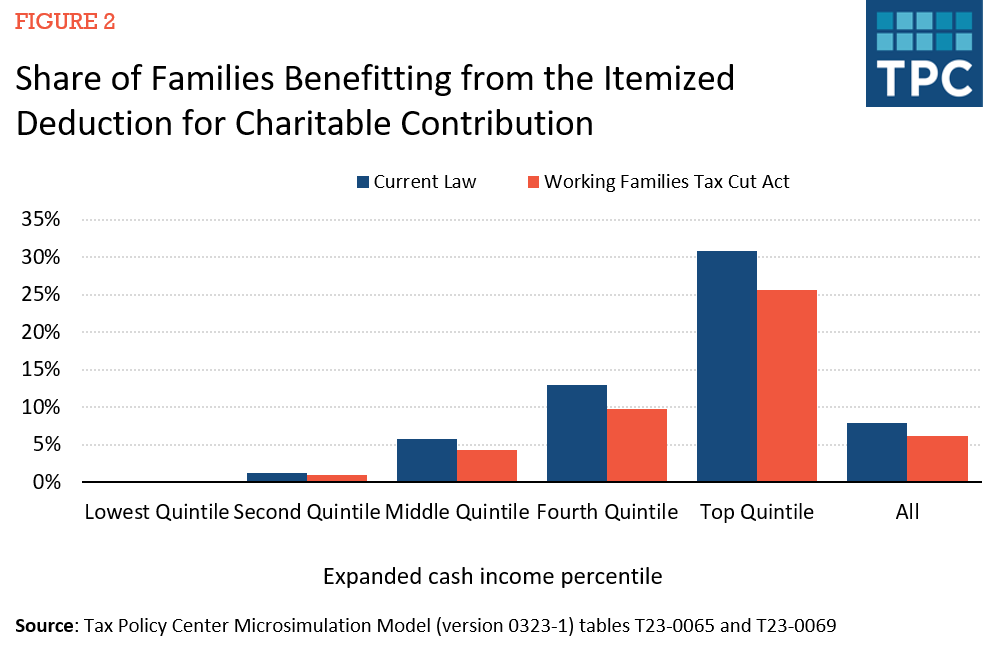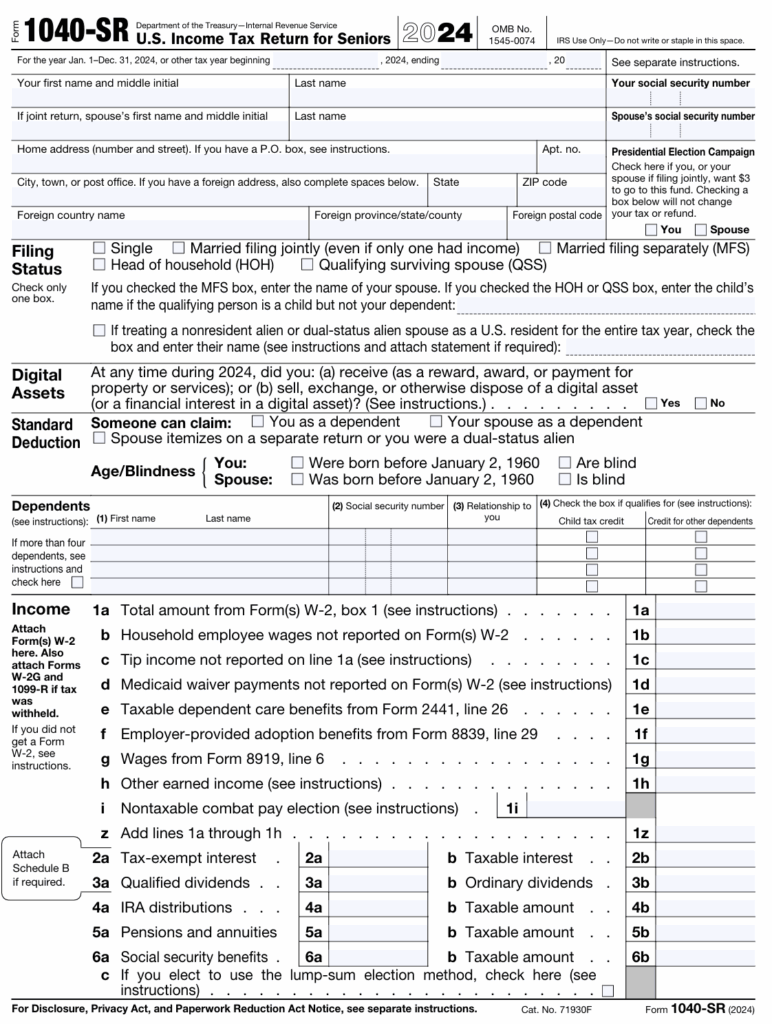Top mistakes taxpayers make when handling the FEIE Standard Deduction
Wiki Article
The Foreign Earned Earnings Exemption Explained: A Guide to Enhancing Your Basic Reduction
The Foreign Earned Income Exemption (FEIE) is a vital tax obligation provision for U.S. residents and resident aliens living abroad. It allows qualified expatriates to omit a considerable portion of their foreign-earned revenue from federal tax obligations. Comprehending the nuances of FEIE can result in considerable tax obligation cost savings. However, lots of individuals forget essential details that can impact their eligibility and benefits. Discovering these aspects might reveal opportunities for improved tax results.Understanding the Foreign Earned Earnings Exemption
Although numerous migrants seek opportunities abroad, comprehending the Foreign Earned Revenue Exclusion (FEIE) is essential for managing their tax obligation responsibilities. This provision enables united state citizens and resident aliens living overseas to exclude a specific amount of their made earnings from government taxes. The FEIE was developed to reduce the tax problem on people that reside outside the United States, acknowledging the special economic difficulties they might encounter.
Eligibility Needs for FEIE

Exactly how to Claim the FEIE
To efficiently claim the Foreign Earned Revenue Exclusion (FEIE), taxpayers must initially confirm their qualification based on details requirements - FEIE Standard Deduction. The process includes several actions, including submitting the appropriate kinds and offering essential paperwork. Recognizing these demands and treatments is vital for making best use of tax advantages while living abroadEligibility Demands
Qualification for the Foreign Earned Income Exclusion (FEIE) pivots on meeting particular standards set by the internal revenue service. To certify, individuals have to be U.S. residents or resident aliens that gain income while functioning abroad. They require to establish an international tax obligation home, which implies their main business is outside the USA. Additionally, candidates must satisfy either the Bona Fide Home Test or the Physical Existence Test. The Bona Fide Residence Examination requires that a taxpayer lives in an international nation for a whole tax year, while the Physical Visibility Test requires spending at the very least 330 complete days in a foreign country during a 12-month period. Satisfying these demands is essential for asserting the FEIE.Declaring Refine Actions
Just how can one effectively navigate the process of claiming the Foreign Earned Income Exemption (FEIE)? First, people have to establish their qualification based upon the physical visibility examination or the authentic house examination. As soon as validated, they need to finish internal revenue service Type 2555, which details foreign income and residency. This form has to be affixed to their yearly tax obligation return, typically Form 1040. It is important to precisely report all foreign gained revenue and warranty compliance with the IRS guidelines. In addition, taxpayers need to keep appropriate paperwork, such as foreign income tax return and evidence of residency. By adhering to these actions, individuals can successfully claim the FEIE and potentially lower their gross income substantially, boosting their overall financial placement.Computing Your Foreign Earned Income Exclusion
While numerous expatriates look for to maximize their financial benefits abroad, recognizing the estimation of the Foreign Earned Earnings Exclusion is vital for precise tax coverage. The Foreign Earned Earnings Exemption enables qualifying people to leave out a specific amount of their international profits from U.S. taxes, which is changed every year for rising cost of living. To calculate this exemption, expatriates must identify their overall foreign earned earnings, which normally consists of wages, wages, and expert fees earned while residing in a foreign country.Next, they this post have to complete IRS Kind 2555, supplying details concerning their international residency and work condition. FEIE Standard Deduction. It is necessary to meet either the authentic residence test or the physical visibility test to receive the exclusion. Once these aspects are developed, the maximum allowable exclusion quantity is used, reducing the individual's taxed revenue considerably. Accurate computations can cause significant tax obligation savings for expatriates living and working abroad
The Effect of FEIE on Various Other Tax Obligation Advantages
The Foreign Earned Revenue Exemption (FEIE) can influence an individual's eligibility for specific tax obligation advantages, consisting of the conventional reduction. By excluding foreign gained revenue, taxpayers may discover their modified gross earnings affected, which in turn can affect their credentials for various tax credit ratings. Comprehending these communications is essential for enhancing tax obligation outcomes while living abroad.Communication With Criterion Reduction
When people get approved for the Foreign Earned Earnings Exclusion (FEIE), their eligibility for the standard reduction might be impacted, potentially altering their overall tax obligation responsibility. The FEIE permits taxpayers to omit a specific amount of earned revenue from united state helpful resources tax, which can result in a decreased taxable revenue. Because of this, if the omitted income goes beyond the typical reduction, it can decrease the benefit of asserting that reduction. Furthermore, taxpayers who make use of the FEIE may find that their capacity to detail deductions is likewise influenced, as certain expenses might be affected by the exclusion. Comprehending this interaction is important for expatriates to optimize their tax obligation advantages while making sure compliance with U.S. tax obligation regulationsQualification for Tax Obligation Credit Scores
Guiding with the complexities of tax debts can be testing for migrants, specifically given that the Foreign Earned Income Exemption (FEIE) can substantially affect qualification for these benefits. The FEIE permits eligible people to omit a considerable portion of their foreign incomes from united state taxation, however this exemption can also impact accessibility to various tax obligation credit reports. Taxpayers that use the FEIE might find themselves disqualified for credit reports like the Earned Income Tax Debt (EITC), as these credit scores normally call for taxable earnings. In addition, the exclusion might restrict the ability to declare particular deductions or debts connected with dependents. Comprehending the interaction in between the FEIE and available tax credit reports is necessary for expatriates aiming to optimize their tax scenario.
Common Mistakes to Prevent When Claiming FEIE
Generally, expatriates encounter numerous mistakes while asserting the Foreign Earned Earnings Exemption (FEIE), which can result in expensive errors or missed out on opportunities. One constant mistake is failing to satisfy the physical existence or bona fide home test, which is crucial for eligibility. In addition, expatriates usually neglect the requirement to submit Kind 2555 appropriately, resulting in insufficient or inaccurate submissions.Another common error entails improperly computing international earned earnings, as lots of do not account for all appropriate revenue sources. Some migrants erroneously presume they can leave out all their revenue, unaware of the restrictions on the exemption quantity. Additionally, disregarding to maintain appropriate paperwork, such as travel days and residency condition, can endanger an insurance claim. Misunderstanding the implications of the FEIE on other tax credit scores might lead to unintended tax liabilities. Understanding of these risks can promote a smoother asserting procedure and make the most of prospective benefits.
Resources for Expats Navigating U.S. Tax Obligations
Steering united state tax obligations can be challenging for expatriates, specifically after YOURURL.com encountering pitfalls in claiming the Foreign Earned Income Exemption (FEIE) To assist browse these intricacies, a variety of resources are available. The internal revenue service web site gives comprehensive info on tax kinds, laws, and faqs especially customized for expatriates. In addition, companies like the American Citizens Abroad (ACA) and the Expat Tax obligation Professionals offer guidance and assistance to guarantee conformity with tax obligation laws.On the internet forums and neighborhoods, such as the Deportee Forum, enable expatriates to share experiences and understandings, cultivating a supportive atmosphere for those facing similar obstacles. Furthermore, tax obligation prep work software, like copyright and H&R Block, commonly consists of features created for deportees, making the filing procedure more easy to use. Involving with these resources can equip migrants to much better comprehend their tax obligation commitments and take full advantage of advantages like the FEIE.
Regularly Asked Concerns
Can I Assert FEIE if I'M Independent Abroad?
Yes, self-employed individuals abroad can assert the Foreign Earned Revenue Exemption (FEIE) To certify, they should satisfy certain needs regarding residency and earnings, guaranteeing they abide by IRS standards for migrants.
Is the FEIE Applicable to Foreign Pensions?
The Foreign Earned Income Exemption (FEIE) is not relevant to international pension plans. Pensions are taken into consideration unearned earnings and do not get the exemption, which specifically uses to earned earnings from work or self-employment abroad.What Happens if I Return to the U.S. Mid-Year?
If an individual go back to the U.S. mid-year, they may need to adjust their tax situation. Their eligibility for certain reductions and exclusions, including the Foreign Earned Revenue Exemption, could be affected by their residency status.Can FEIE Be Reported With Various Other Deductions?
Yes, the Foreign Earned Income Exclusion (FEIE) can be claimed along with other deductions. Care has to be taken to ensure correct compliance with tax obligation policies, as particular restrictions might use based on individual conditions.Exactly How Does FEIE Influence State Tax Commitments?
The Foreign Earned Income Exemption can reduce a taxpayer's government income tax obligation obligation, however it does not automatically impact state tax responsibilities, which vary by state and may still require reporting of foreign earnings.Many expatriates look for possibilities abroad, comprehending the Foreign Earned Revenue Exclusion (FEIE) is essential for handling their tax obligation obligations. By leaving out international gained income, taxpayers may discover their modified gross revenue affected, which in turn can affect their credentials for numerous tax credit histories. Guiding through the complexities of tax debts can be challenging for expatriates, particularly since the Foreign Earned Income Exclusion (FEIE) can considerably impact eligibility for these benefits. Taxpayers that make use of the FEIE might locate themselves disqualified for credit scores like the Earned Earnings Tax Debt (EITC), as these credit histories normally call for taxable income. Maneuvering U.S. tax responsibilities can be testing for migrants, specifically after running into pitfalls in declaring the Foreign Earned Earnings Exclusion (FEIE)
Report this wiki page